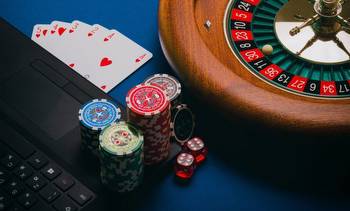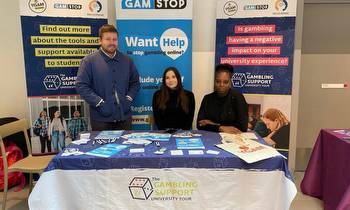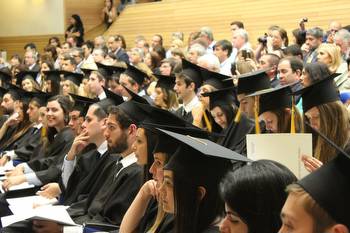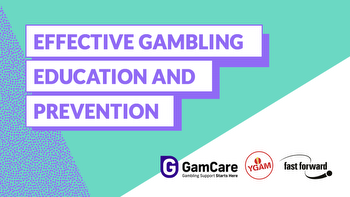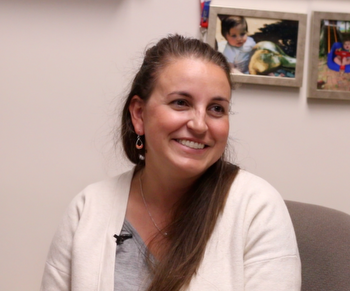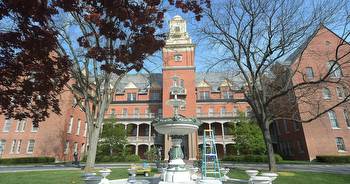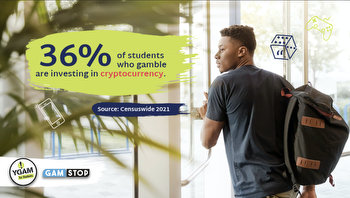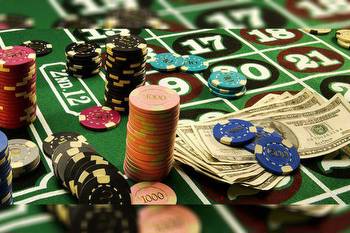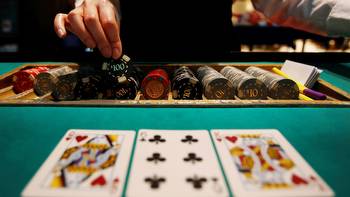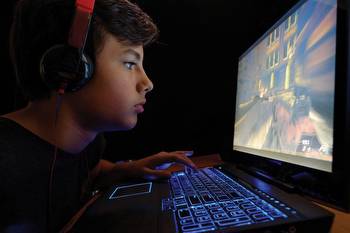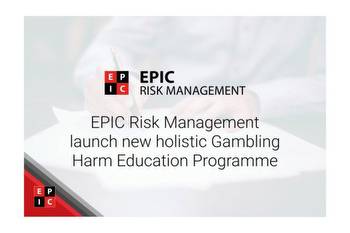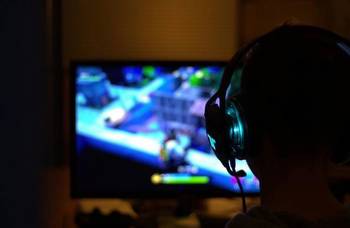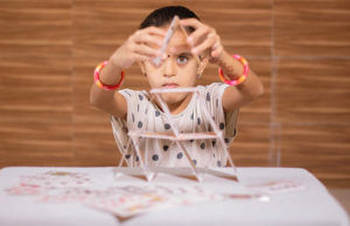Student lost £2k earmarked for rent and food during 12 hour online gambling session
A West Midlands university student lost £2,000 earmarked for rent, food and bills during 12 hours of online gambling.
The 20-year-old, who wants to be known only as Josh, was living in Liverpool when he blew the money in just half a day.
He told how he had turned to alcohol to cope as he struggled to sleep or concentrate - and admitted this wasn't the first time he lost everything to his gambling addiction.
Before moving to Merseyside to study at the University of Liverpool, Josh had lost the entirety of his last pay check of £1,200 from working in a betting shop.
The 22-year-old told the ECHO : "I just burst into tears. I was like, 'What the f*** am I doing here? This is mental'.
"I didn't sleep at all. I was hyperventilating. I was shaking. I was sweating. I was just like, 'This is horrible'."
Four out of every five students have gambled, spending an average of £31 per week, according to new research commissioned by Gamstop and gambling education charity YGAM (Young Gamers and Gamblers Education Trust).
Almost 90,000 students in the UK have a problem with gambling while a further 264,000 at risk of harm from it, according to research conducted by YGAM in 2019.
Josh is one of the nearly 20 per cent of students who admit using their student loan to gamble.
He said: "You don't realise how addictive it is.
"The high of winning X amount of money on a bet is something that makes you feel really good.
"It's like, 'Yeah, I did it once, it was easy, I can do it again', and then you'll keep betting and not realise how much you've bet until you've out of money."
Josh started gambling on his parents' accounts without their knowledge before turning 18.
The problem grew from trying the tips of regulars at the bookie, or having a bet on the races with friends, to spending two hours alone in his room at night playing roulette and placing bets on a football match in Paraguay.
When he left for Liverpool, he'd fill spare hours during the day with a trip to the bookies instead of returning to halls or hanging with his friends.
He explained: "First thing I think of is, I'll go and bet 10 quid and try and turn it into 20, and then I'd lose that tenner.
"I'd put another 10 pounds on my account and it slowly became more and more amounts each time."
The final year student added: "Nobody knew about my gambling habits.
"I used to just say I was doing it socially, and I'd show my mates winning bets. I'd never show them the losing bets."
Often he'd place low odds bets, trying to turn £50 into £70 and then that into £120.
He could lose hundreds of pounds on roulette, starting with £2 spins and doubling each time he lost in order to win back his money, until the government cut the maximum spin spend to £2 in 2019.
The occupational therapy student said the panic attacks afterwards were "horrific", particularly on the times he lost big sums of over £1,000.
Josh said: "I had sleepless nights over it, like 'How am I going to afford to get food? How am I going afford to get the bus? How am I going to afford to do all of this?'
"It was awful. It was the worst feeling ever afterwards.
"The second major time that happened is when I realised, 'Wow, I've got a problem, I need to tell someone, I need to sort this out'.
"I didn't realise how bad it had got before that. It was awful."
Josh got the train home to tell his parents a couple of days after he blew his student loan in April 2020.
He prepared himself to drop out of university so he could work and pay his way if his parents weren't able to support him financially.
They agreed to help him if he went to Gamblers Anonymous, banned himself from online gambling websites and stopped visiting bookies.
As a licensing condition, all online gambling operators are required to be members of Gamstop, a non-profit, online self-exclusion scheme that allows users to ban themselves from gambling website for set timeframes.
With a plan in place, Josh found avoiding gambling easy, but it was telling his friends that was "weird".
He feared judgement from a social circle that continues to gamble and discusses it in their group chat, but the reality has been different.
Josh said: "They've stopped talking about it as much around me.
"I told them exactly how it was and they've been supportive. My mates always check up on me and make sure I'm not gambling."
Friends are the biggest influence on students' gambling, according to the Gamstop and YGAM's survey of 2,000 students in the UK, conducted between December 12 and December 20, 2021.
Josh urged people to "be open and honest" with friends and family who can offer support and a "reality check" before things spiral out of control.
He said: "As soon as you start hiding anything from the people closest to you, whether it is gambling, whether it's alcohol, whatever, that's when you know, it's starting to become a problem.
Adil Nayeem co-founded RecoverMe, a mental health app for people suffering with gambling addiction , after witnessing a friend in a similar situation to Josh, struggling to cope and blowing their student loan on a bet.
The doctor said: "We created RecoverMe when one of our close friends at university struggled with a gambling addictio and did not know where to turn.
"RecoverMe gives students multiple strategies to manage acute urges and support those suffering from a- gambling problem with a discreet, flexible and evidence-based programme."
Fiona Palmer, CEO of Gamstop, which commissioned the recent study of gambling among students, said: "Gambling-related harm on our campuses is a subject that is rarely addressed, but for any students experiencing problems with their gambling, self-exclusion can give them valuable breathing space whilst they seek additional help.
"With online gambling increasingly prevalent during the pandemic, the research shows the importance of raising awareness of a free online self-exclusion service, which is accessible to all."
Daniel Bliss, YGAM's director of external affairs, said: "This research provides us with some valuable insights into the behaviours of students during the pandemic.
"We're keen to build on this piece of work to better understand how our programmes can safeguard and support students.
"The findings reiterate the importance of educating our young people on the risks and harms associated with gambling.
"Education is a powerful tool to ensure students are equipped with the knowledge and understanding to help prevent harm."











